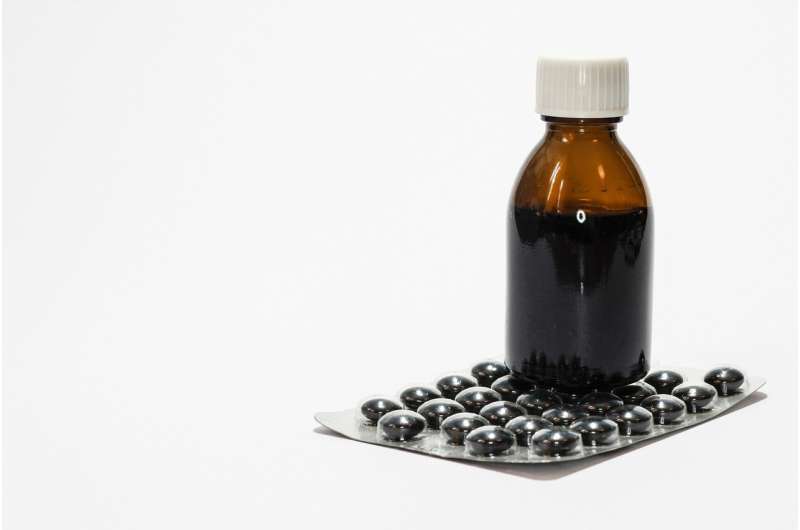Can HIV Medications Offer New Hope in Alzheimer's Prevention?

Emerging research indicates that certain HIV medications, especially NRTIs, could significantly lower the risk of developing Alzheimer’s disease. Learn about the science and future prospects of this promising link.
Could HIV Drugs Play a Role in Preventing Alzheimer’s Disease?
Recent research suggests a promising link between certain HIV medications and a reduced risk of developing Alzheimer’s disease. Scientists from UVA Health have identified that nucleotide reverse transcriptase inhibitors (NRTIs), a class of HIV drugs, may lower the risk of Alzheimer’s by as much as 13% annually.

The research analyzed large-scale health insurance data from the U.S., revealing that patients on NRTIs experienced a significant decrease in Alzheimer’s risk compared to those not on the medication. The findings warrant clinical trials to explore whether these drugs could be repurposed for Alzheimer's prevention.
Alzheimer’s, the leading cause of dementia, accounts for 60-80% of all cases in the U.S., primarily affecting those over 65. With projections estimating the number of affected individuals may double by 2050 and costs rising towards $1 trillion annually, identifying effective preventative treatments is critical.
Dr. Jayakrishna Ambati, a key researcher, highlighted that the data shows about a 10% reduction in alzheimer’s risk for each year of NRTI use. The research builds on earlier findings that NRTIs can inhibit inflammasome activation, a process involved in Alzheimer’s pathology.
Although promising, experts stress the need for clinical trials to establish safety and efficacy. Researchers are developing modified versions of NRTIs, such as K9, to minimize side effects. If successful, this could mark a breakthrough in Alzheimer’s prevention, potentially saving millions and reducing economic burden.
For more insights, read the full study published in Alzheimer’s and Dementia.
How NRTIs Might Protect Against Alzheimer’s
Scientists believe that NRTIs’ ability to inhibit inflammasomes—a key part of the immune response—may help prevent the brain inflammation linked to Alzheimer’s development. This adds to growing evidence that controlling inflammation could be a vital strategy in combating Alzheimer’s disease.
The Road Ahead
The evidence indicates a significant potential for NRTIs in Alzheimer's prevention, but rigorous clinical testing is essential. Ongoing trials are exploring anti-inflammatory effects, with future developments possibly leading to new preventive therapies for at-risk populations.
Expert Opinions
Dr. James Giordano from Georgetown University emphasizes that these findings are promising, as they shed light on the inflammatory processes involved in Alzheimer’s and suggest new therapeutic avenues.
Stay Updated with Mia's Feed
Get the latest health & wellness insights delivered straight to your inbox.
Related Articles
Indian States Ban Contaminated Cough Syrup Following Child Mortality Cases
Several Indian states have banned a contaminated cough syrup linked to the deaths of children under five, emphasizing the need for stricter pharmaceutical controls.
Vestibular Symptoms Remain Stable and Improve for Many Meniere's Patients After Cochlear Implant
Most patients with Meniere's disease experience stable or improved vestibular symptoms following cochlear implantation, providing reassurance about surgical outcomes.
Understanding Post-Intensive Care Syndrome and Its Long-Term Impact
Research reveals that over half of ICU survivors experience lasting cognitive, physical, and psychological impairments, with key risk factors aiding early detection and intervention efforts.



